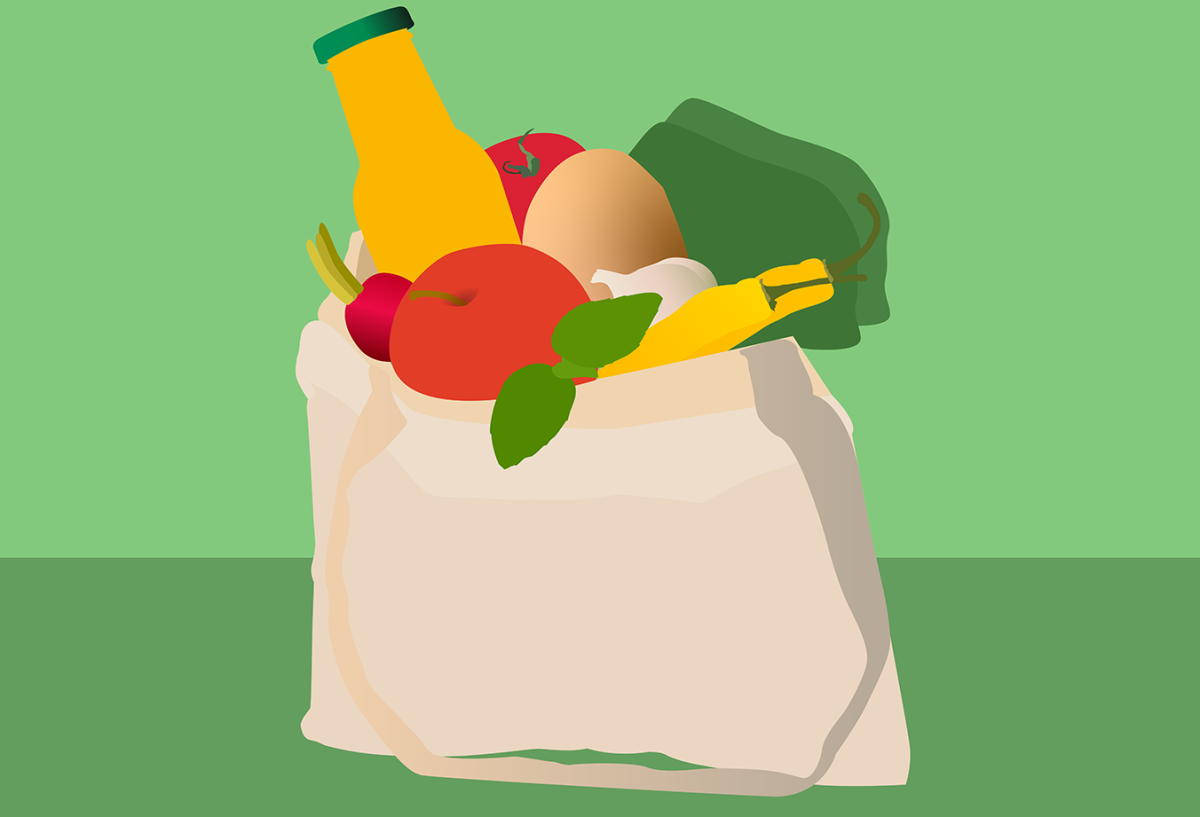With discussions of sustainability and climate-consciousness becoming ever-present, there has been an increase in talk of the importance of “shopping locally.”
The push for this local consumerism is largely twofold: supporting small businesses boosts the economies of smaller communities, and buying locally-made or grown goods, in theory, requires fewer carbon emissions to create and/or transport.
Though I am still a proponent of supporting these smaller establishments to benefit the community, their perceived positive environmental impact is more nuanced than many believe.
Relatively new research has suggested that, when it comes to fresh produce, having food mass-produced and delivered to grocery stores across the country might produce fewer carbon emissions than making the trip to a local farm or farmers market.
Researchers found that the average car trip for individuals or families traveling to a farm shop is, on average, more than 6.7 kilometers (or about 4.2 miles), compared to that of a delivery van for major chain grocery stores, which will travel up to 360 kilometers (or about 223.7 miles) to big-box stores.
Despite the large disparity in these numbers, the delivery van is carrying produce and other goods that will reach far more people than individuals or family units traveling to smaller local farms or markets, making the carbon emissions-per-customer ratio surprisingly low. This also doesn’t include the transportation of foods from local farms to markets or other local stores, which can aid in the carbon footprint of obtaining these goods.
Other studies have found that carbon emissions related to long-term storage for local produce can lead to nearly twice the emissions of foods being shipped from around the world, exemplifying the environmental costliness of these local food sources.
On the flip side, however, locally grown foods are often produced by farmers using more ethical and sustainable methods, typically using less synthetic fertilizers and pesticides, which will not only lower the risk of chemical contamination but also protect soil and water quality.
When shopping with sustainability in mind, it can become an exhausting battle of choosing “the lesser of two evils” when determining which goods to buy and from where to purchase them.
Oftentimes, sustainable consumers have to choose which issues they care more about — in this case, carbon emissions or clean farming practices. However, this struggle isn’t unique to the local-versus-corporate/national debate. Pretty much every industry, from energy to cars to clothing, faces these challenges of what environmental struggle they should prioritize when contemplating how they will produce, transport and advertise a good.
As a consumer, it can be difficult to discern which of these problems is more important. I, for one, would like to reduce carbon emissions and also eat vegetables free from pesticides, as I’m sure most people would.
I believe the key is finding a good balance. Shopping primarily at Kroger, Aldi or Trader Joe’s while supplementing some goods at farmers markets might be the way to go.
Or maybe farmers market goods are more of a luxury, every-once-in-a-while occurrence, in which case I would argue moderation is more important in sustainable consumerism anyway.
The most important thing is to be aware of what and how much you purchase. Though it may seem hopeless, every consumer’s actions make a difference, and what you do or don’t buy can have serious implications on our collective future.

































































































































































